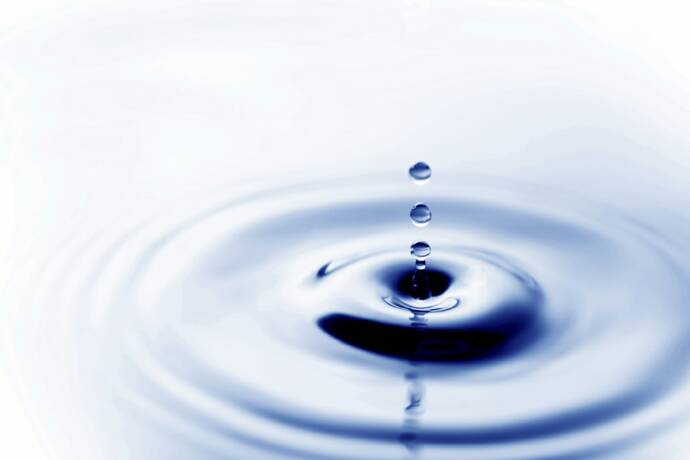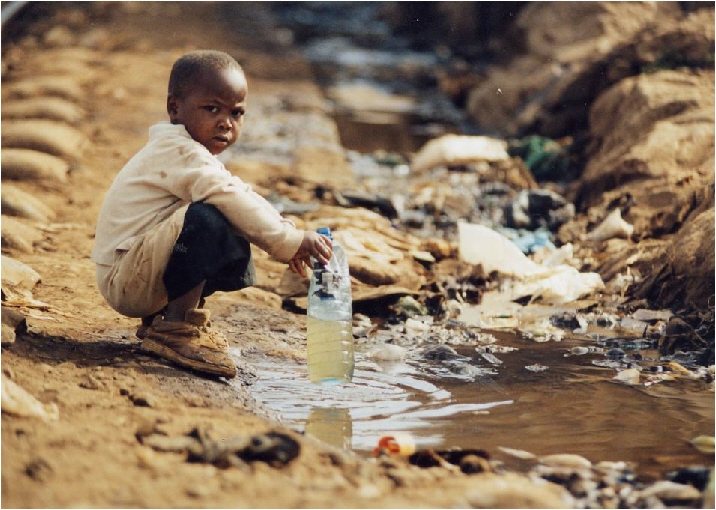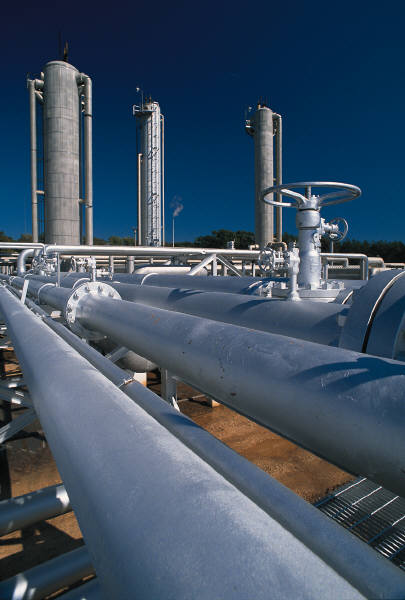





Agriculture/Irrigation Impact:
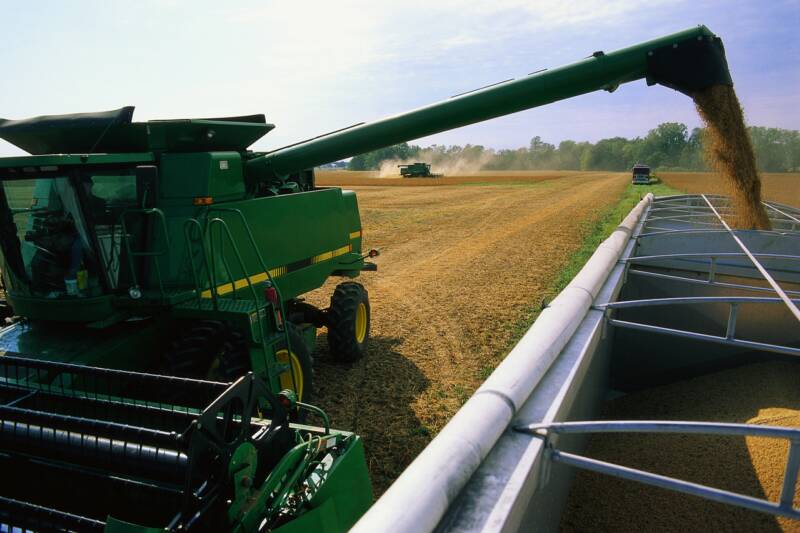
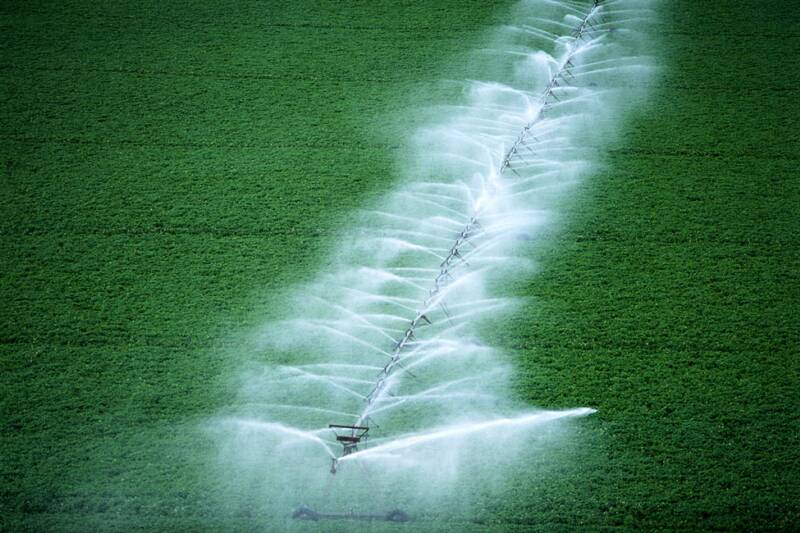
Although food security has been significantly increased in the past thirty years, water withdrawals for irrigation represent 66 % of the total withdrawals and up to 90 % in arid regions, the other 34 % being used by domestic households (10 %), industry (20 %), or evaporated from reservoirs (4 %). (Source: Shiklomanov, 1999)
A report by the International Water Management Institute (IWMI) says rising demand for irrigation to produce food and biofuels will aggravate scarcities of water.
IWMI warns there has to be a radical transformation in the management of water resources - citing as examples Australia, south-central China, and last year’s devastating drought in India. Report authors claim that the price of water could double or triple over the next two decades. The report, backed by the United Nations and farm research groups, shows that globally, water usage had increased by six times in the past 100 years and would double again by 2050 - driven mainly by irrigation and demands by agriculture.
Record oil prices and concerns about rapid onset climate change are driving more countries to produce biofuels - from sugarcane, corn or wood - as an alternative to fossil fuel.
The report says conquering hunger and coping with an estimated 3 billion more humans by 2050 will result in an 80 percent increase in water use for agriculture. Irrigation absorbs around 74 percent and is likely to surge by 2050. A calorie of food took roughly 1 litre of water to produce. But a kilo of grain needed only 500-4,000 litres - while a kilo of industrially produced meat took 10,000 litres.
There is enough land, water and human capacity to produce enough food for a growing population over the next 50 years, but one of the challenges is to provide enough water for agriculture without damaging the environment. "Agriculture is driving water scarcity and water scarcity is driving environmental degradation and destruction. (Source: International Water Management Institute)
Water usage has increased by six times in the past 100 years and would double again by 2050 - driven mainly by irrigation and demands by agriculture. (IWMI)
Alternative Energy Specialist
Promoting Renewable Energy Resources
